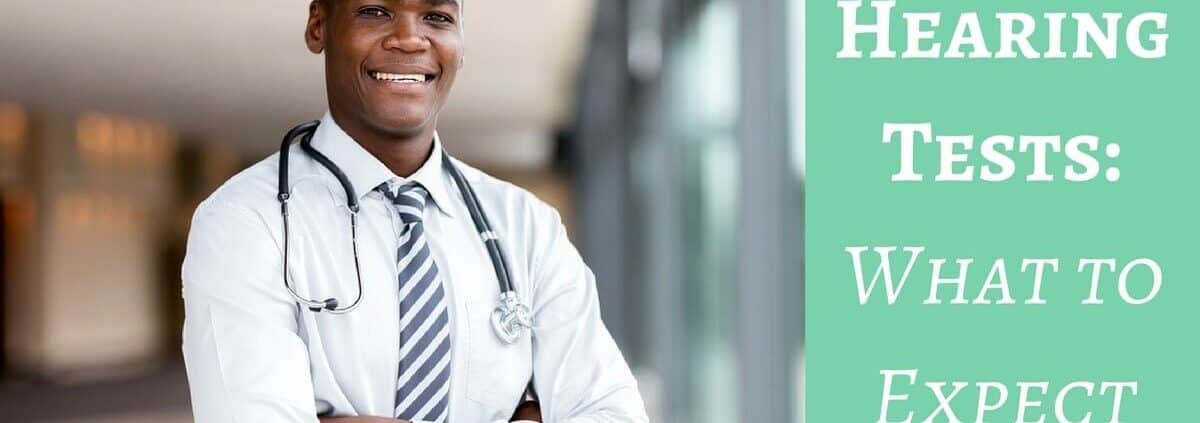Hearing Tests: What to Expect
Here at Bay Area Hearing Services, we understand that you lead a busy and active life – and that healthy hearing is an important part of it. That’s why our hearing tests are simple and will not take longer than 30 minutes! Just a half hour of your time, and you’re on your way to better hearing health.
Before we can provide you with a solution, we must determine your specific needs. Our licensed hearing specialists will provide you with the best care, testing, and treatment options.
Consultation with a Hearing Specialist
Be prepared to give your hearing specialist information about your personal medical history, as well as your family’s. Your hearing specialist will ask if you are currently on any medication, if you’ve recently had a cold or ear infection, and if you were recently exposed to high volumes of noise. You’ll also provide your hearing specialist with information about your job, daily life and activities. Keep in mind the more you can share with your hearing specialist, the more information they will have to assist you in treating your hearing needs.
Otoscopic Examination
After your conversation, your hearing specialist will examine your ears in a painless procedure. We use an otoscope, an instrument that allows us to look inside your ear canals. We’re checking for any blockage in this area, perhaps from impacted earwax, as well as any damage to the eardrum, such as perforation or rupture.
Hearing Tests
Next comes the hearing tests – a series of tests that help your hearing specialist determine your current hearing abilities. These tests are quick, simple, and painless.
Pure tone audiometry
You will be asked to sit in a soundproof room, while your hearing specialist plays a series of tones through your headphones. Each ear will be tested separately. When you hear a sound, you will be asked to raise your hand or push a button. These tones will be played first a low volume and will increase until you can hear them.
Speech recognition test
Hearing loss interferes with our abilities to recognize and understand speech. Your hearing specialist will read aloud a series of words or phrases, and you will be asked to repeat them. The volume for the words will begin at a low volume and rise until you can hear them. Again, you will be tested one ear at a time.
Auditory brainstem response (ABR)
The ABR test measures activity in your brain when it responds to sound. Sensorineural hearing loss (which is caused by the malfunction of inner ear hair cells transmitting neural signals to the brain to be registered as sound) is detected with the ABR. You will not be required to do anything during this test. During this test, electrodes are placed on your head near the ear area, and your hearing specialist plays a series of tones, while recording your brain activity.
Reviewing Your Audiogram
The results of your hearing test are recorded on an audiogram, a visual representation of your hearing abilities. Each ear’s ability will be recorded separately, in terms of decibel and frequency levels. The result for speech recognition is usually recorded as a percentage.
There are two possible results for an audiogram: normal or experiencing hearing loss. If a hearing loss is present, the audiogram will indicate to your hearing specialist the degree and type of your hearing loss.
Treatment Options
Your hearing specialist will review your audiogram with you. If a hearing loss is detected, your hearing specialist will offer you treatment options. Based on your previous conversation about your lifestyle and hearing needs, your hearing specialist will recommend a hearing aid that treats your specific type of hearing loss and is within range of your budget.
Schedule an Annual Hearing Test
With rates of hearing loss rising in the US, hearing specialists recommend that people age 50 or older take a hearing test once a year. Consider it a regular health checkup, as you would a physical or eye exam.
Even if you have been fitted for a hearing aid, it is still recommended to take an annual hearing test. Hearing abilities continue to change gradually. An annual hearing test ensures that you will always be at your best when it comes to hearing health.
If you have any questions or to schedule a hearing test, feel free to contact us at Bay Area Hearing Services.



